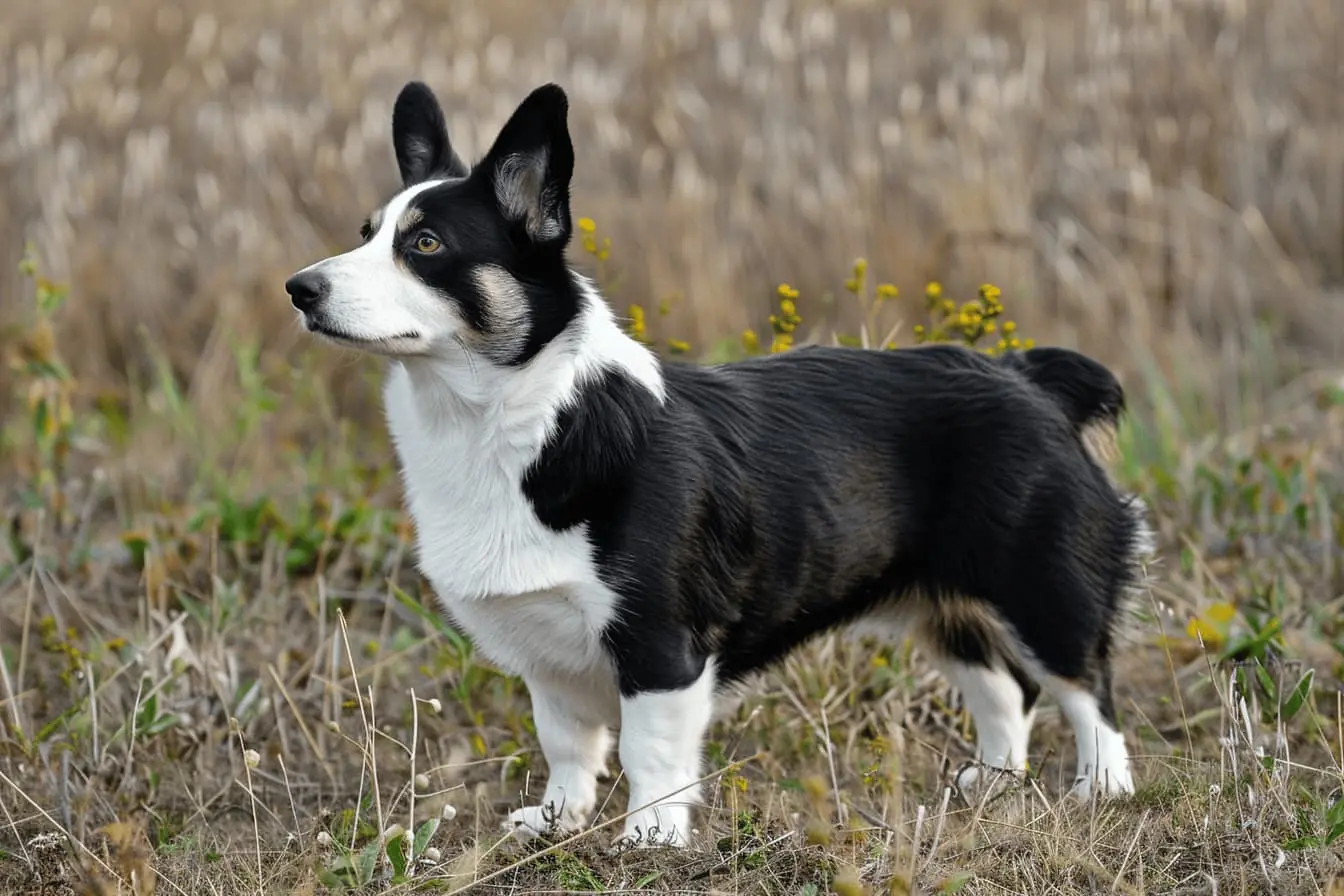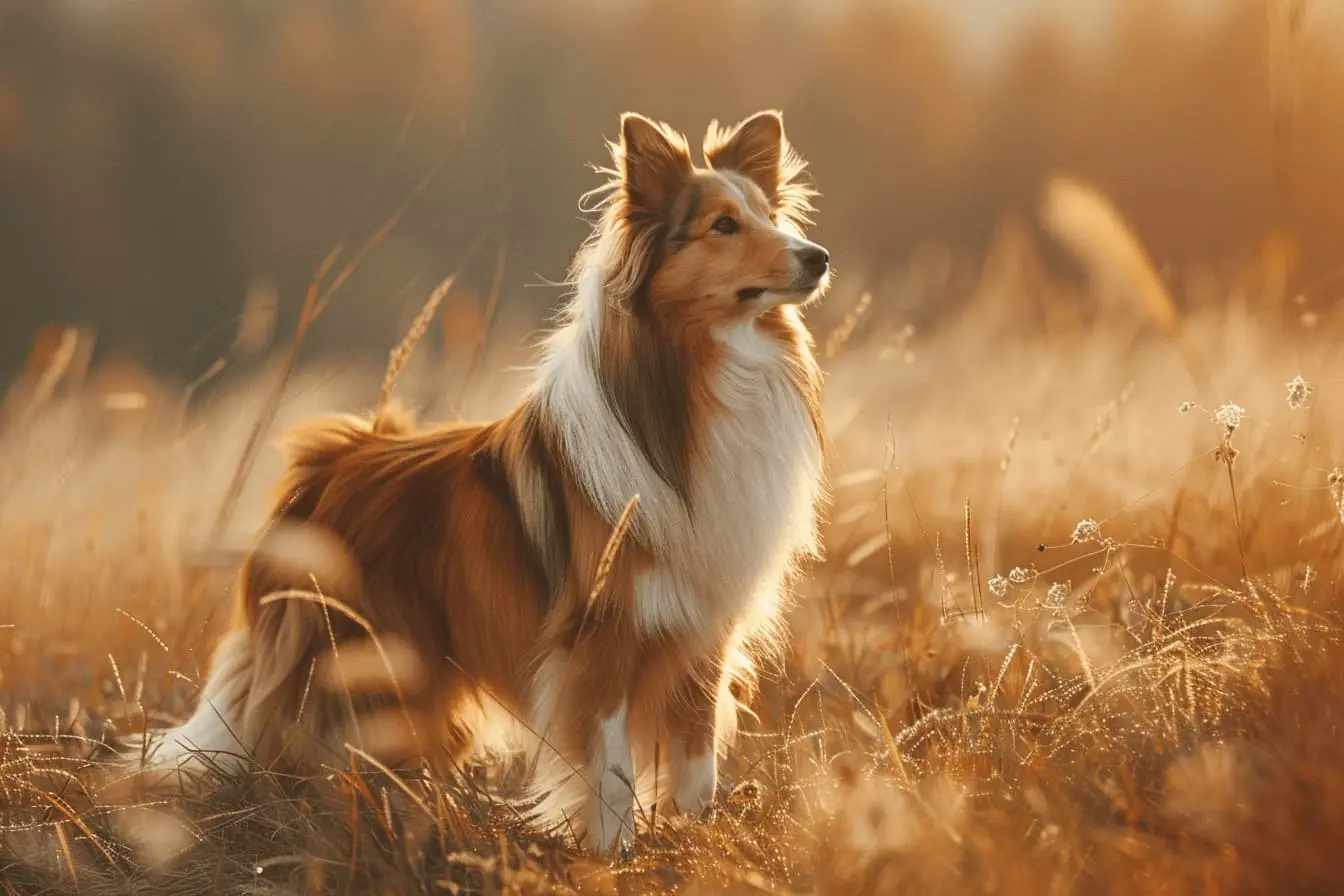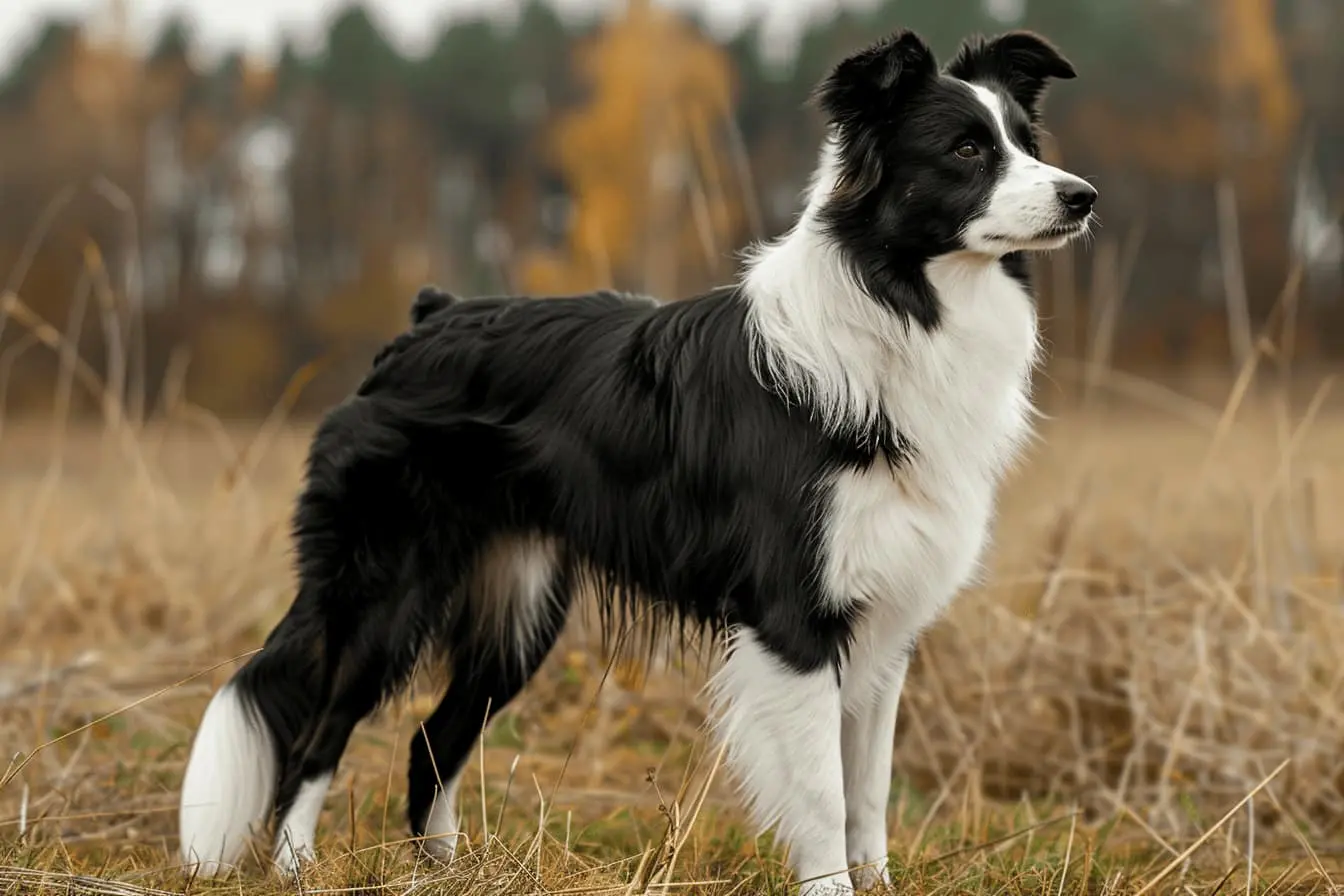
A Guide for New Dog Owners: Dangerous Foods to Avoid
Welcoming a new dog into your home is an exciting journey, filled with joy and discovery. As a new dog owner, you're probably eager to provide the best care for your new furry friend. Part of ensuring their health and happiness is knowing which foods are safe for them to eat and which are not. Many common human foods can be dangerous, or even deadly, for dogs. Here's a comprehensive guide to help you navigate this aspect of pet care.
Chocolate
Chocolate is famously toxic to dogs due to theobromine, a compound that dogs cannot metabolise effectively. Even small amounts can cause symptoms ranging from vomiting and diarrhoea to more severe issues like seizures and heart problems. Dark chocolate and unsweetened baking chocolate are particularly dangerous due to their high theobromine content.
Xylitol
Xylitol is a sugar substitute found in many sugar-free products, including gum, sweets, and some peanut butters. It's extremely toxic to dogs and can lead to a rapid release of insulin, causing hypoglycaemia (low blood sugar), seizures, liver failure, or even death.
Grapes and Raisins
Grapes and raisins might seem like a healthy treat, but they can cause kidney failure in dogs. The toxic substance within grapes and raisins is unknown, but the effects can be severe, including vomiting, lethargy, and depression. Even a small amount can make a dog ill.
Onions and Garlic
All members of the allium family, including onions, garlic, leeks, and chives, are toxic to dogs. They can cause gastrointestinal irritation and could lead to red blood cell damage and anaemia. This is true for raw, cooked, or even powdered forms found in pre-packaged foods.
Avocado
Avocado contains persin, a fungicidal toxin that can cause vomiting and diarrhoea in dogs. While the risk is higher with larger amounts, it's best to avoid feeding your dog any part of the avocado, including the pit, which can also cause choking or intestinal blockage.
Alcohol and Yeast Dough
Alcohol in any form is dangerous for dogs, as it can cause the same effects as in humans but much more rapidly: vomiting, diarrhoea, difficulty breathing, coma, and even death. Yeast dough can rise in your dog's stomach, leading to gas, bloating, and severe pain. Additionally, as the yeast ferments, it produces alcohol, which can lead to alcohol poisoning.
Caffeine
Caffeine is dangerous to dogs as it contains stimulants. Symptoms of caffeine poisoning include restlessness, rapid breathing, heart palpitations, and muscle tremors. Common sources include coffee, tea, cola, energy drinks, and some over-the-counter medications.
Macadamia Nuts
Macadamia nuts are extremely toxic to dogs and can cause symptoms such as weakness, overheating, vomiting, and tremors. Even a small amount can make a dog ill, and the exact toxin causing these symptoms is still unknown.
Dairy Products
While not all dogs are lactose intolerant, many have difficulty digesting lactose found in milk and other dairy products. Consumption can lead to gastrointestinal upset, including diarrhoea and vomiting. It's best to avoid giving dogs ice cream, cheese, milk, and other dairy products.
Salt and Salty Snack Foods
Large amounts of salt can produce excessive thirst and urination in dogs, or even sodium ion poisoning. Symptoms of too much salt include vomiting, diarrhoea, high temperature, and seizures. Avoid sharing salty snacks with your dog.
Bones and Fat Trimmings
While it might seem natural to give a dog bones or fat trimmings from your meals, both can be dangerous. Bones can splinter and cause blockages or tears in the digestive tract, and fat trimmings can cause pancreatitis, a serious and painful condition.
Peach, Plum, and Cherry Pits
These fruits themselves are not particularly toxic, but their pits contain cyanide, which is poisonous to both humans and dogs. Moreover, pits can cause intestinal blockages. Ensure you only give your dog the flesh of these fruits, and keep the pits well out of reach.
Conclusion
As a dog owner, your pet's health and safety are in your hands. While this list covers some of the most dangerous foods for dogs, it's not exhaustive. Always err on the side of caution and consult your vet before introducing new foods into your dog's diet. If you suspect your dog has ingested any of these foods, contact your veterinarian immediately. Prevention is key, and by being vigilant about your dog's diet, you can help ensure they remain healthy and happy.
Vets near you
Speciality vets
- Aquatics vet specialists
- Birds vet specialists
- Camelids vet specialists
- Cats vet specialists
- Cattle vet specialists
- Deer vet specialists
- Dogs vet specialists
- Equines vet specialists
- Exotic vet specialists
- Goats vet specialists
- Pigs vet specialists
- Poultry vet specialists
- Sheep vet specialists
- Small Mammals vet specialists
- Wild vet specialists
Vet facilities
- Accessible by public transport
- Blood testing
- Car park nearby
- Client car park
- Dentistry
- Diagnostic imaging
- Disabled public access
- Flea and worm treatments
- Microchipping
- Mobile services
- Neutering
- Open at weekends
- Out-of-hours service
- Referral interests
- Referrals only
- Street parking outside
- Toilets available
- Vaccinations



